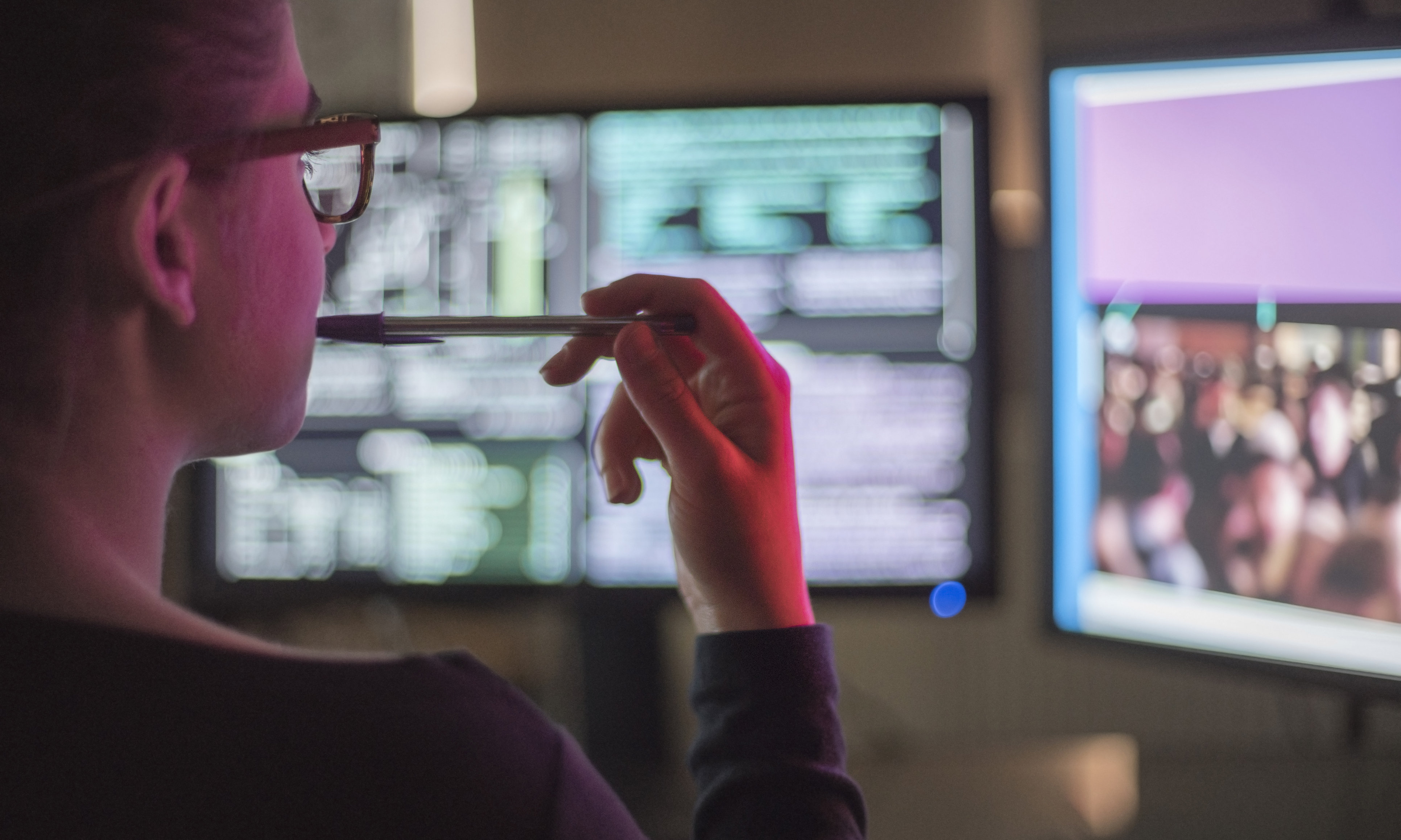Leading scientists from the University of Adelaide have partnered with key industry partners to develop new cyber deception technology as part of Defence’s Next Generation Technologies Fund.
Four leading cyber scientists from the University of Adelaide are partnering with industry to research and develop robust cyber defences having won four proposals under Defence’s Next Generation Technologies Fund (NGTF).
Professor Debi Ashenden, associate professor Hung Nguyen and associate professor Damith Ranasinghe have been selected to collaborate with the Defence Science and Technology Group (DSTG) to help deliver research that bolster’s Australia’s cyber security capabilities.
“The University of Adelaide has signed four research agreements with DST NGTF out of the 11 that have been given the go-ahead nationally. Projects such as these that help keep Australia safe and enable our researchers to collaborate with like-minded organisations at the highest levels,” Professor Michael Webb, director of the Defence and Security Institute and Academic Coordinator for Defence, Cyber and Space at the University of Adelaide, said.
Professor Ashenden, DSTG-University of Adelaide joint chair in cyber security, was selected to take part in the NGTF as part of the DSTG’s Next Generation Technology (NGT) Cyber Call 2020 – Fusing Behavioural Science and Cyber Deception – Fighting Wars from Inside Machines category.
“My project aims to fuse behavioural research on deception with cyber deception technology, artificial intelligence and machine learning (AI/ML),” she said.
“Our intention is to develop cyber deception threat models and effects that integrate behavioural science with technology alongside a toolkit that will assist in delivering novel cyber deception effects. We will explore the limits of how AI and ML methods can improve and automate cyber deception.
“The research will build a sovereign capability with the aim of increasing operational advantage to Australian Defence.”
It is expected that the research will include leading Australian cyber security company Penten, Deakin University’s Applied Artificial Intelligence Institute and the UK’s National Cyber Deception Lab.
Nguyen, head of defence, cyber and space at the Faculty of Engineering, Computer and Mathematical Sciences, aims to develop defence with enhanced cyber assurance capabilities, an expects to collaborate with DSTG and Cisco Systems Australia.
“Network configuration inconsistencies in computers, such as policy conflicts, are a common occurrence and they can, and do, leave networks open to cyber attacks,” he said.
“This three-year research program will develop methods that aim to address the challenge of the overwhelming complexity in managing network configurations and security.
“Our solutions will build on the formal metagraph abstraction that we developed at the University of Adelaide and will help significantly reduce the attack surface on Australian critical infrastructure.”
Meanwhile, Ranasinghe is expected to lead two projects that enhance sensor capabilities and algorithms that analyse their data.
“Batteryless wearables can potentially disappear into clothing or be as thin, low cost and disposable as a band aid or may even operate for a long time through simple subdermal implants that not only monitor activities but also other physiological conditions in real time,” he said
[Related: Aussie companies Penten, GME unveil updated anti-eavesdropping device]








